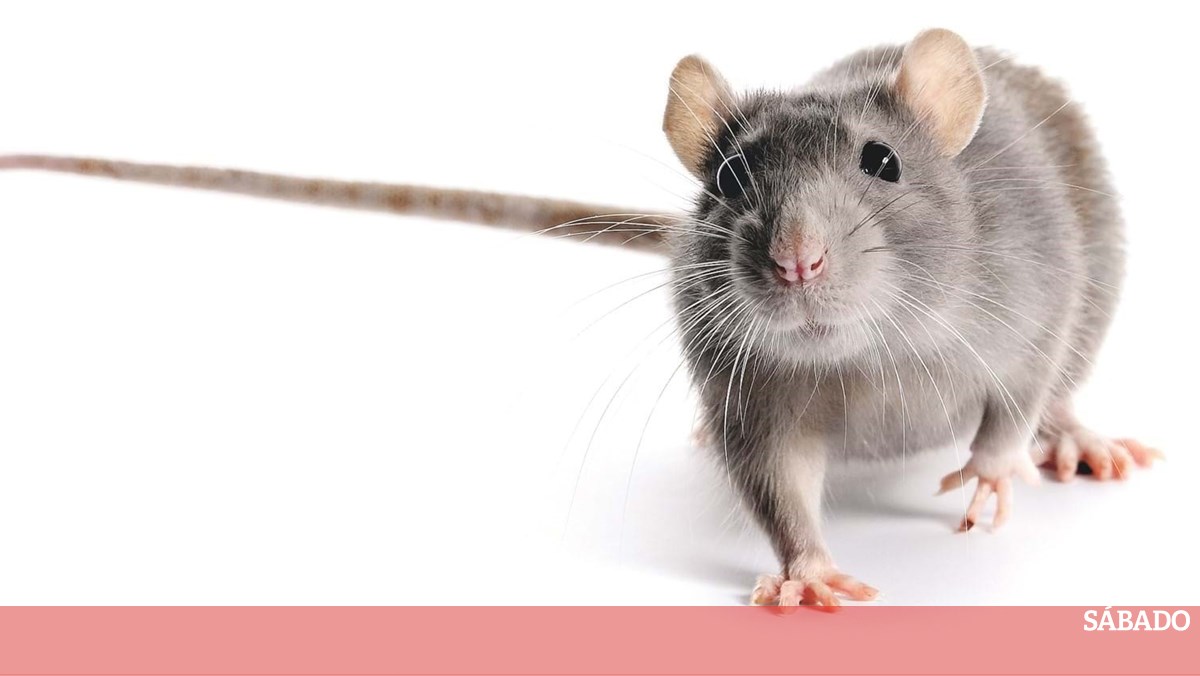Although these animals’ brains are much smaller, they are able to process complex ideas using memory, just like humans.
Mice activate patterns of brain activity
Researchers at the Janelia Research Complex, at the Howard Hughes Medical Institute, in the United States of America, equipped mice with a device that tracks brain activity, a kind of “thought detector” in real time, and translated its meaning. They observed that the rodents moved mentally through a virtual reality environment, and concluded that they were able to think about places and objects that were not in front of them, using memory.
“A mouse can activate a representation of places in an environment without being there. Even if your physical body is stationary, your spatial thoughts can go very far,” explained the study’s first author, Zhongxi Lai, who began the research nine years ago. This type of imagination is controlled by the hippocampus, an area of the brain involved in learning and memory. Just like humans, when they encounter different situations in certain places, mice activate patterns of brain activity.
“mental dictionary”
The system the scientists are using combines virtual reality with a brain-machine interface (BMI), allowing direct communication between electrical activity in the rats’ hippocampus with a 360-degree virtual reality arena. In the same way that we remember a place or thing instantly, by activating the hippocampus, the researchers wanted to see if mice had the same ability.
First, they created a “mental dictionary” to decode what each animal’s brain signal meant. Next, they placed the mouse in a virtual reality system where it walked on a treadmill, and was rewarded whenever it reached a reward. As the mouse walked around the virtual arena behind each target, the scientists monitored its thought pattern and checked which neurons were activated to perform a particular activity.
Save ideas
They then turned off the treadmill and analyzed whether the rat was able to imagine the location it had previously traveled to to obtain the reward. Translation on the brain-machine interface screen showed that the animal imagined the same route and location as the previous reward. Furthermore, the mice were also able to keep this thought in their mind for a few seconds, a similar period as humans when they want to imagine a different place or remember things from the past.
Over the past century, many scientists have claimed that mice have a stimulus-response system. Although the brains of these animals are much smaller than those of humans, they are remarkably similar.
other skills
sympathy. Mice show emotions and empathy with their peers, according to a 2011 study by the University of Chicago.
to learn. They can be trained to perform a variety of tasks, from navigating mazes or pressing levers for rewards.
communication. Rodents communicate through high-pitched sounds and pheromones. They warn others of danger and establish social bonds.
Discover it to
Today’s releases
Mice activate patterns of brain activity
Researchers at the Janelia Research Complex, at the Howard Hughes Medical Institute, in the United States of America, equipped mice with a device that tracks brain activity, a kind of “thought detector” in real time, and translated its meaning. They observed that the rodents moved mentally through a virtual reality environment, and concluded that they were able to think about places and objects that were not in front of them, using memory.“A mouse can activate a representation of places in an environment without being there. Even if your physical body is stationary, your spatial thoughts can go very far,” explained the study’s first author, Zhongxi Lai, who began the research nine years ago. This type of imagination is controlled by the hippocampus, an area of the brain involved in learning and memory. Just like humans, when they encounter different situations in certain places, mice activate patterns of brain activity.
“mental dictionary”
The system the scientists are using combines virtual reality with a brain-machine interface (BMI), allowing direct communication between electrical activity in the rats’ hippocampus with a 360-degree virtual reality arena. In the same way that we remember a place or thing instantly, by activating the hippocampus, the researchers wanted to see if mice had the same ability.
To continue reading
Electronic signature
3 months for 2 euros
- Unlimited access For all exclusive articles on all platforms
- Early access to Electronic paper On any device
- Newsletters Exclusive
- Audio material Reserved for subscribers
- Offers and benefits In products and services selected with you in mind.
subscribe now
To continue reading
Electronic signature
1 month for 1 euro
- Unlimited access For all exclusive articles on all platforms
- Early access to Electronic paper On any device
- Newsletters Exclusive
- Audio material Reserved for subscribers
- Offers and benefits In products and services selected with you in mind.
‘

“Wannabe internet buff. Future teen idol. Hardcore zombie guru. Gamer. Avid creator. Entrepreneur. Bacon ninja.”

